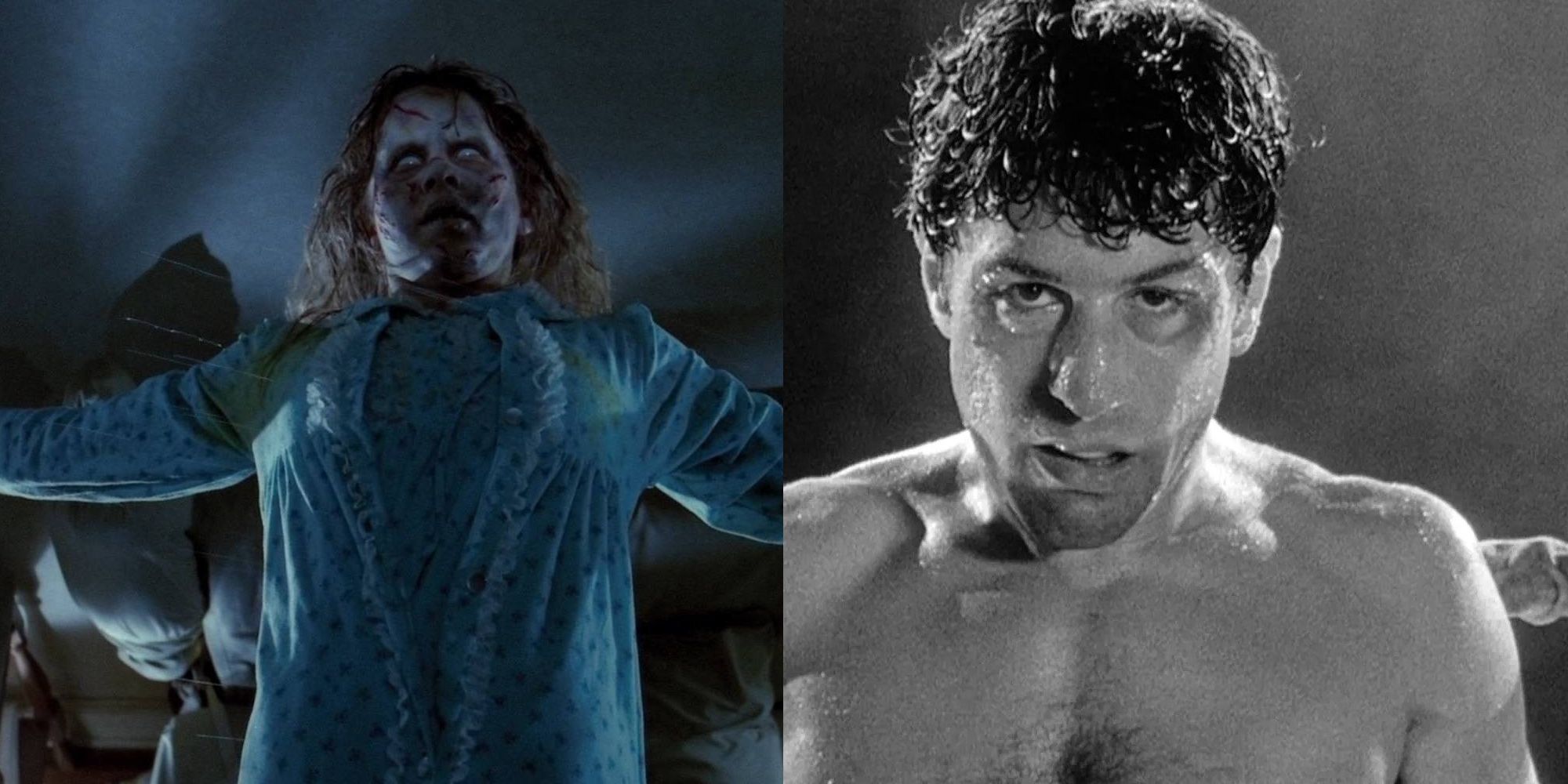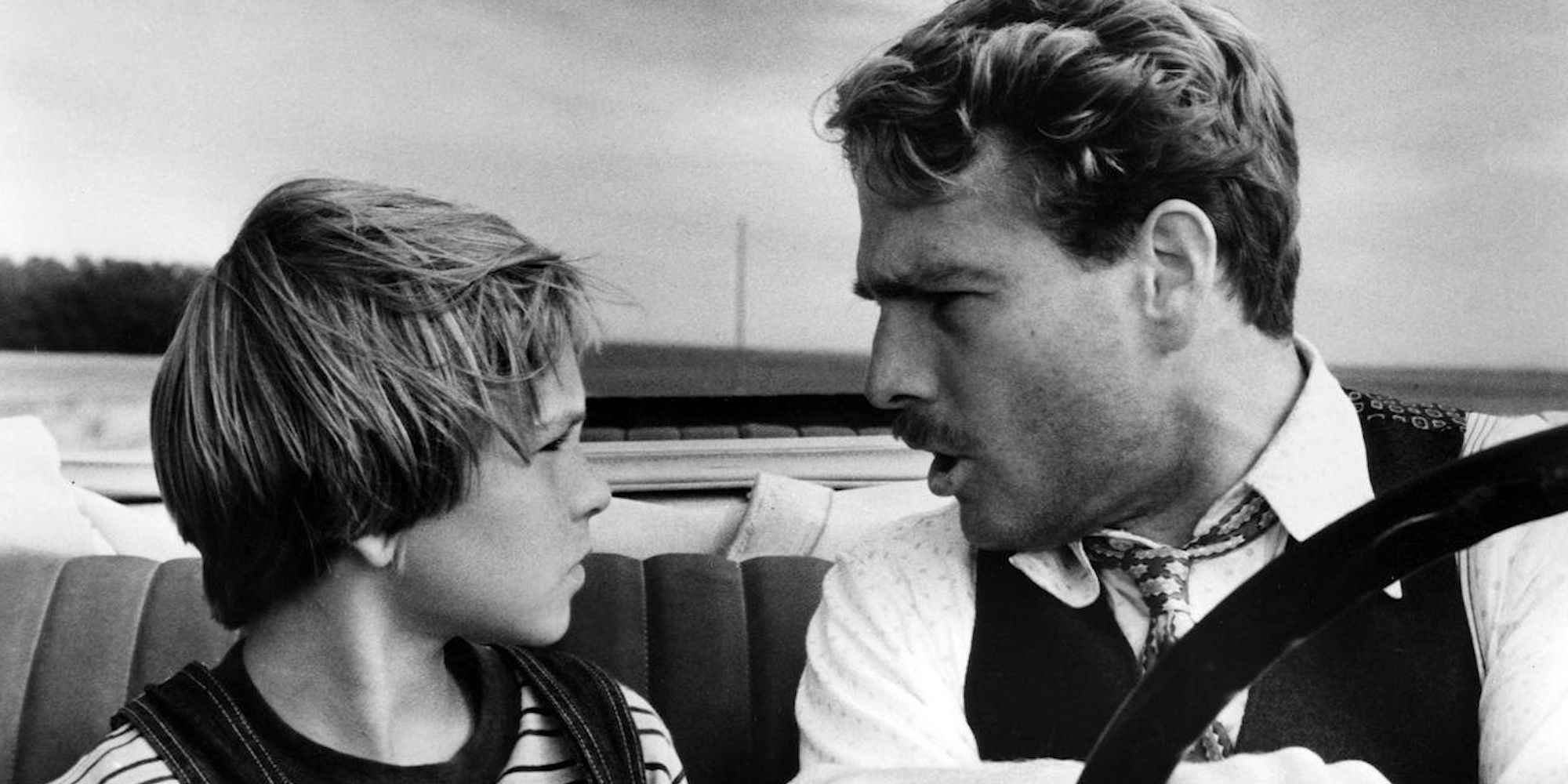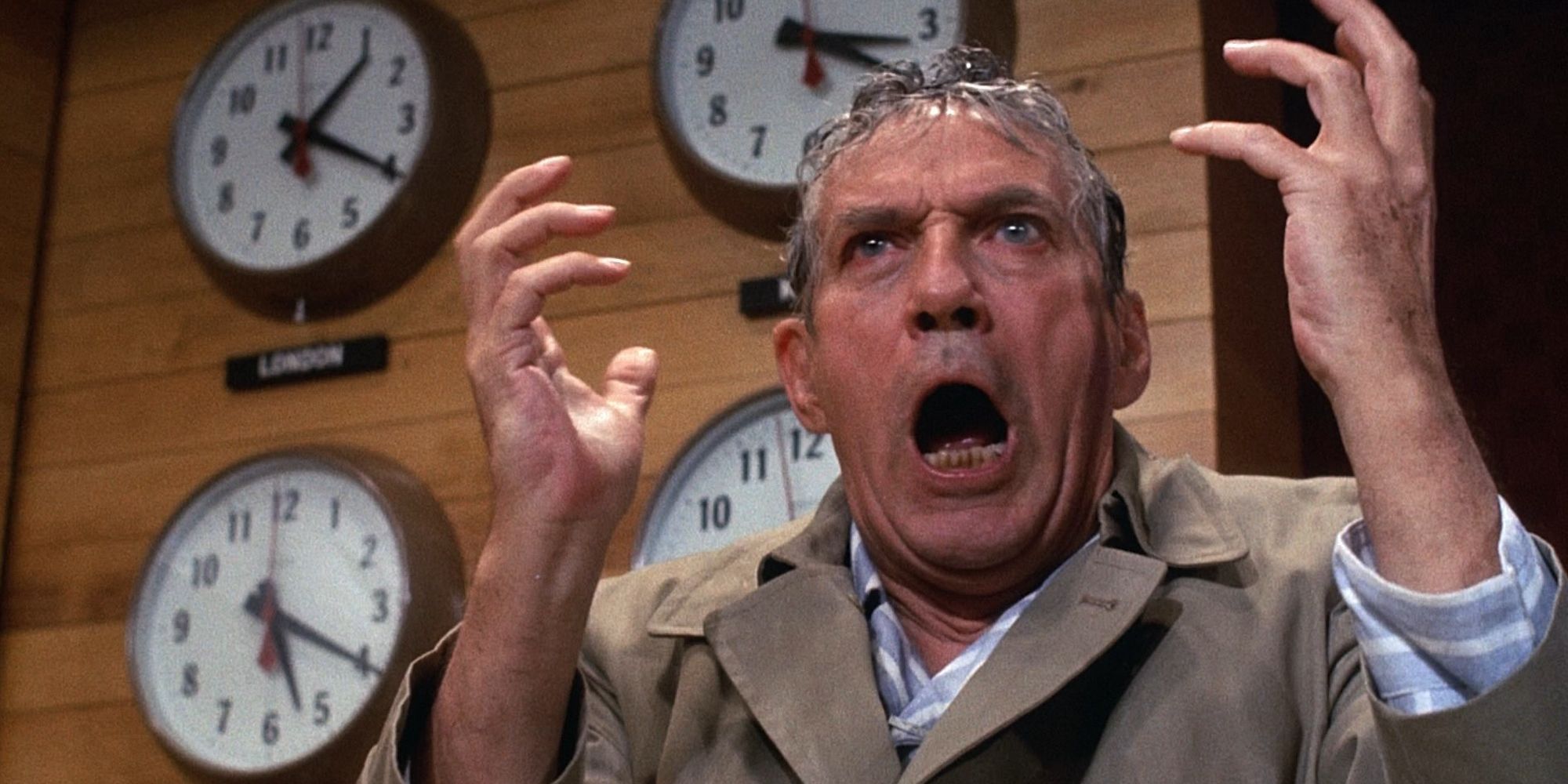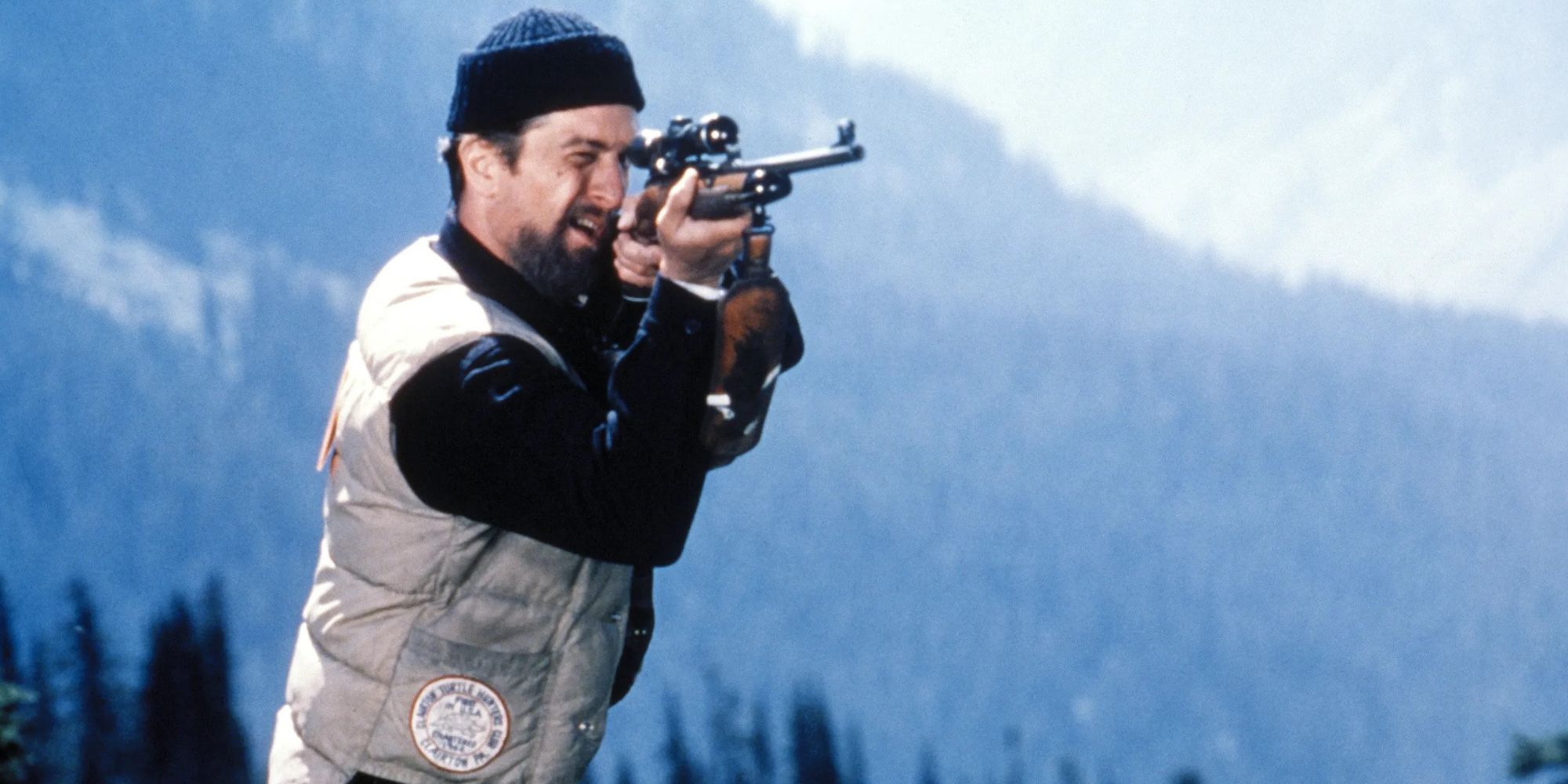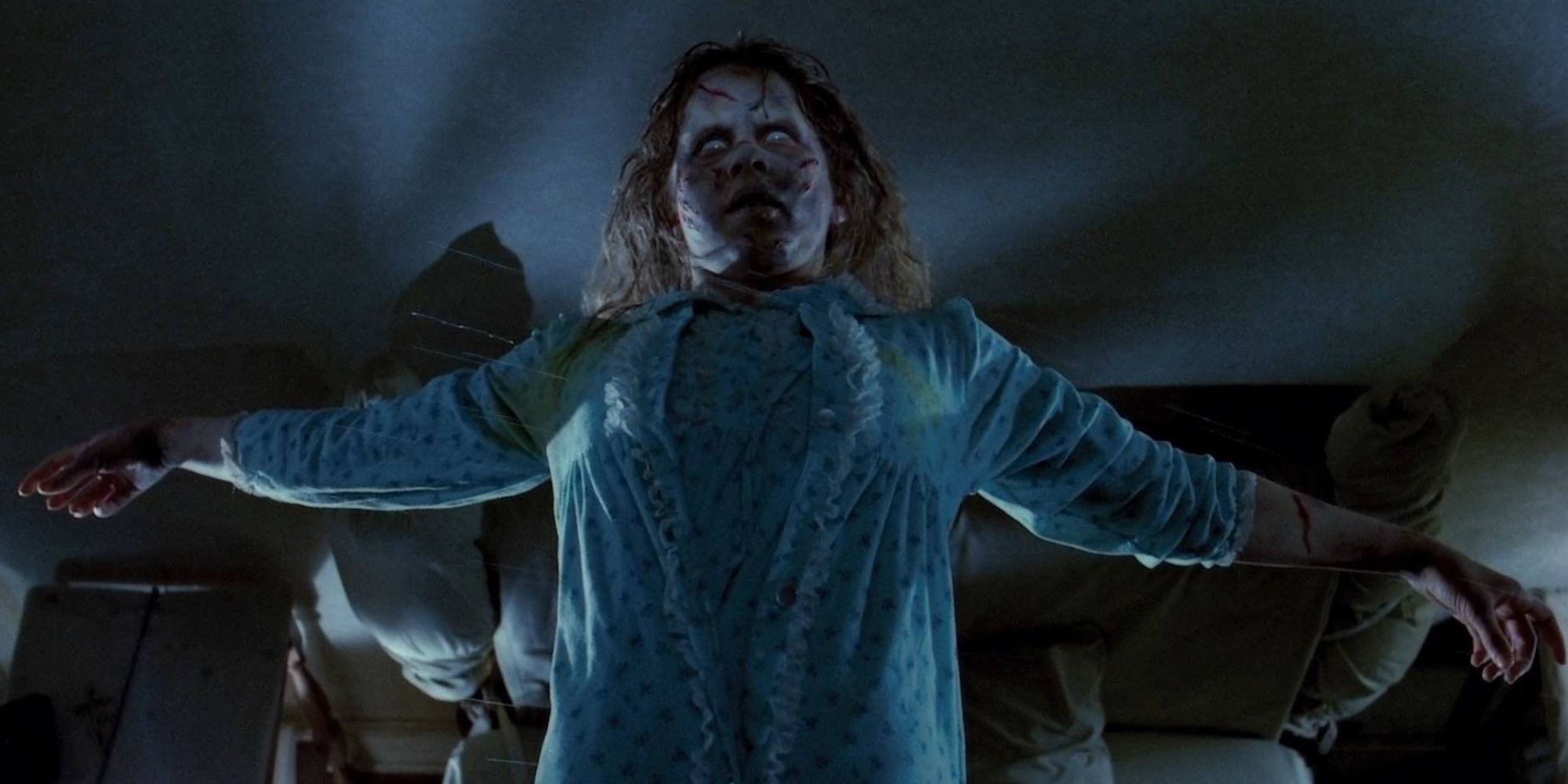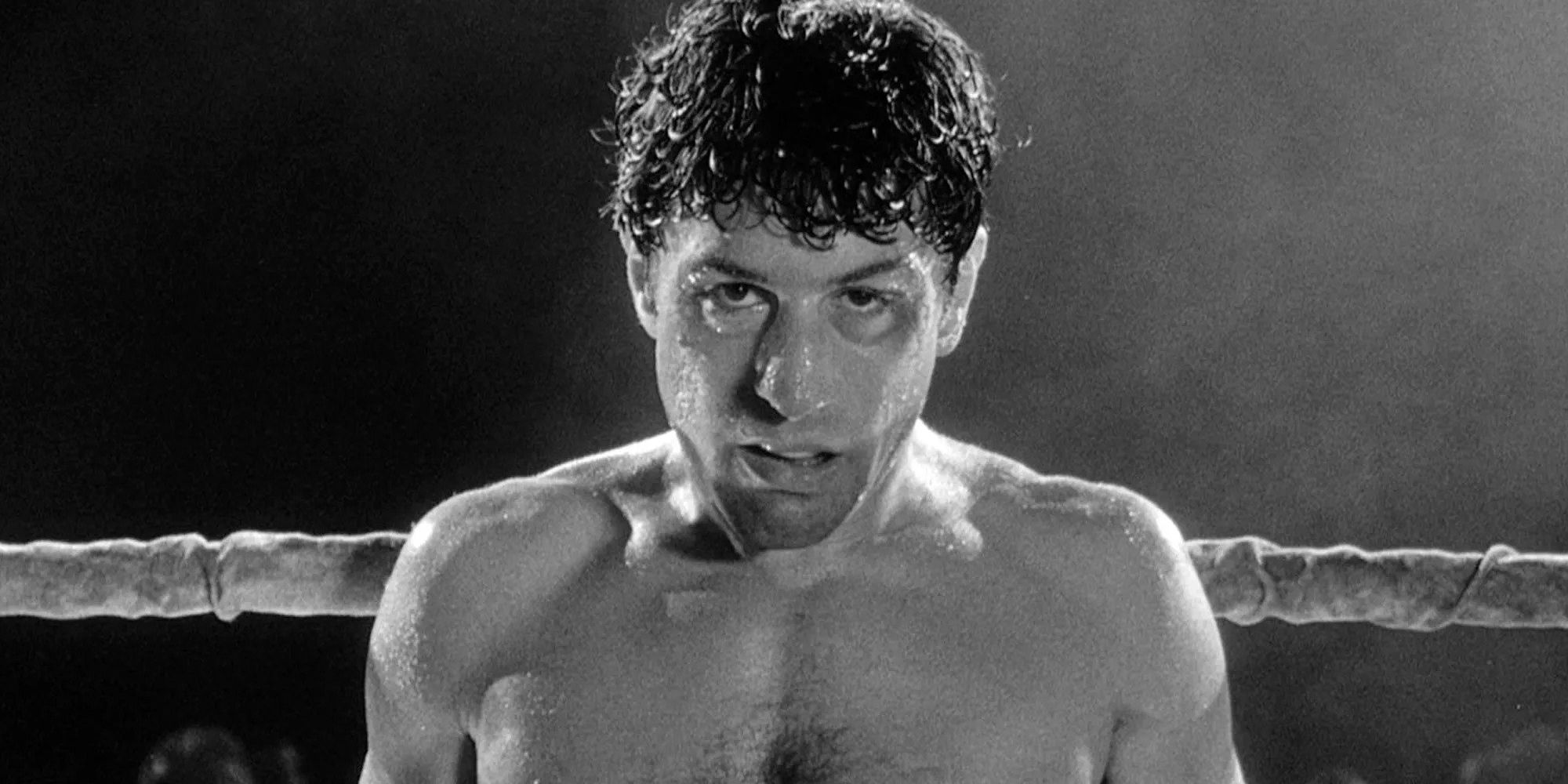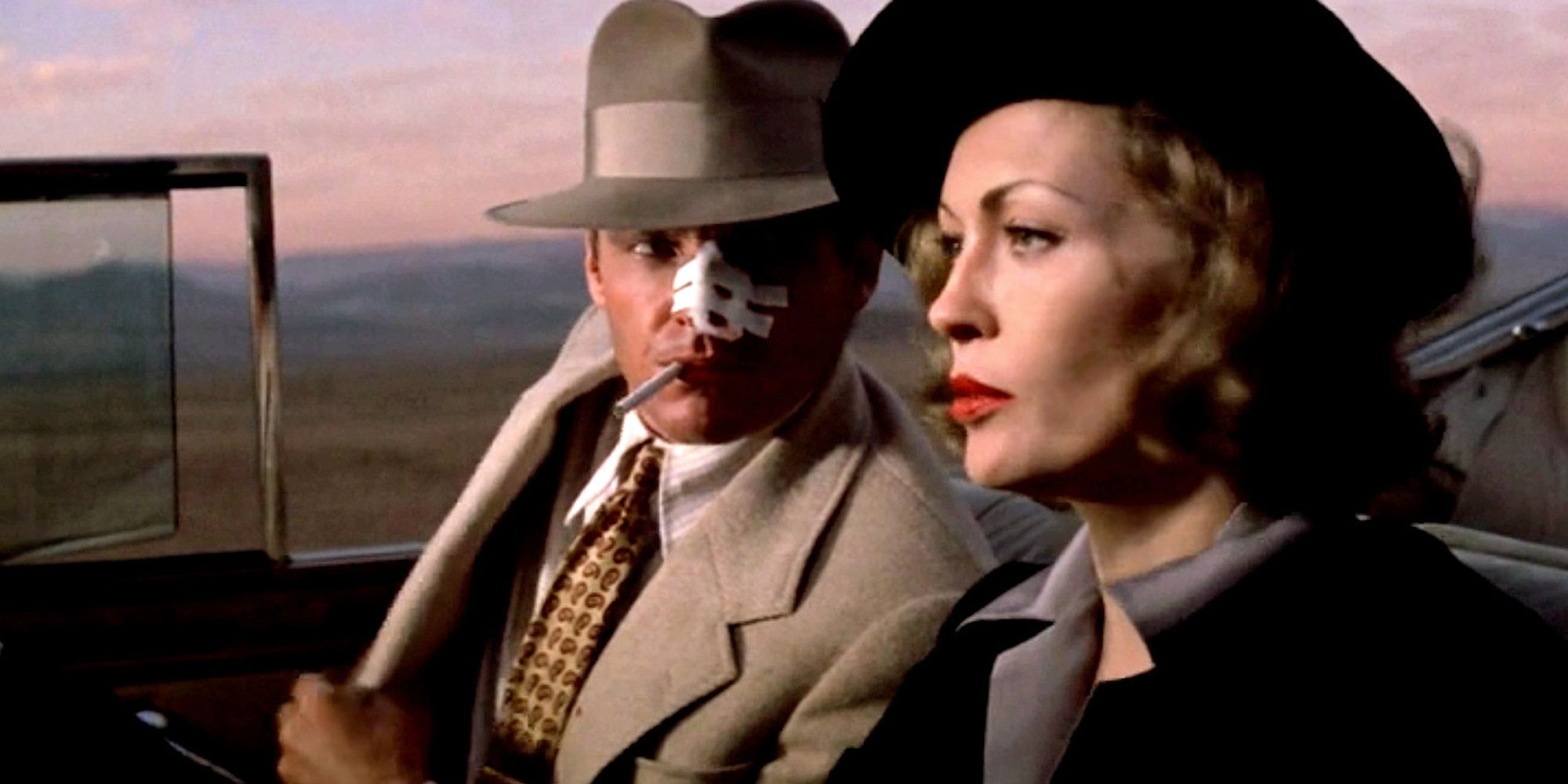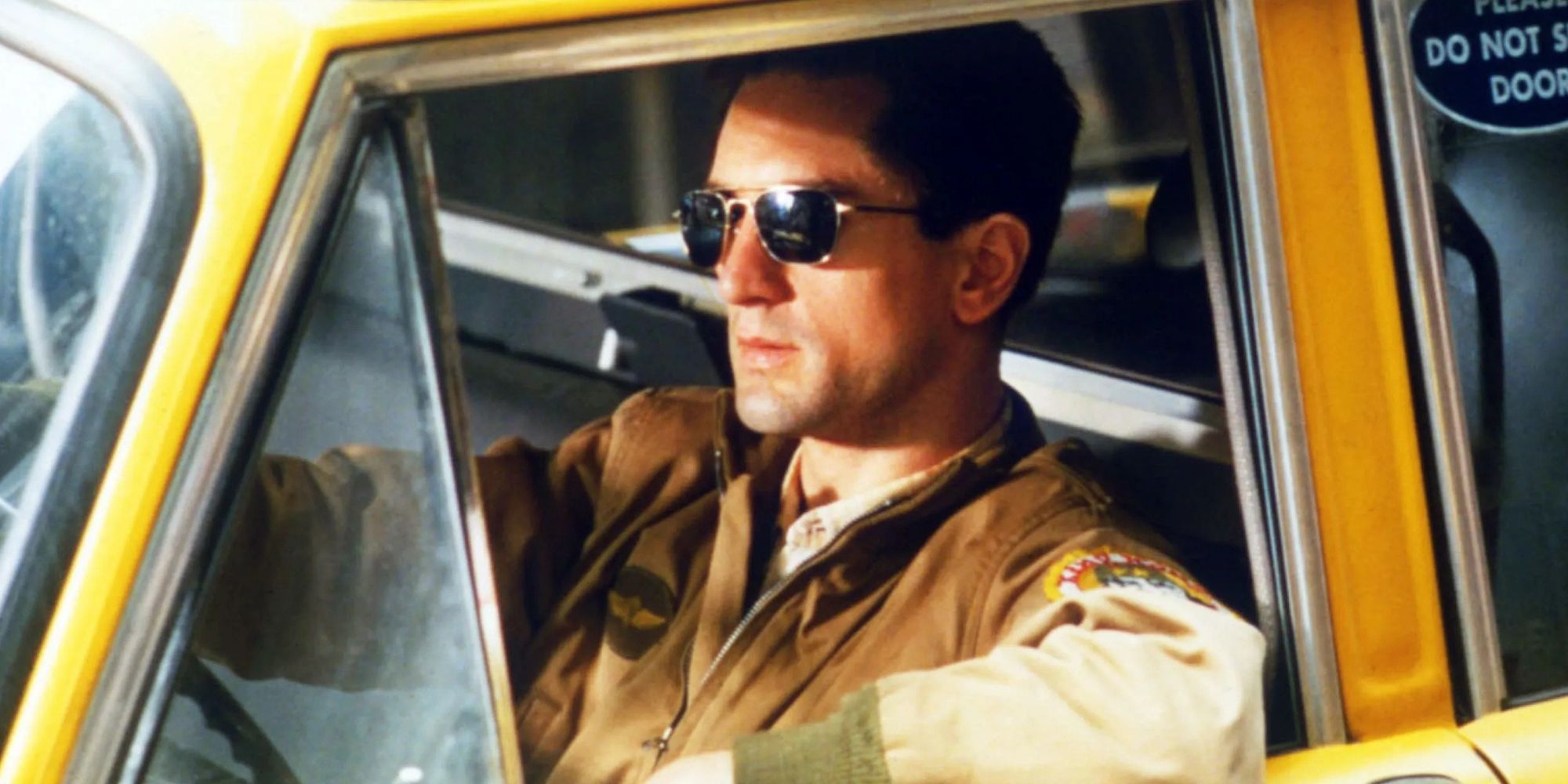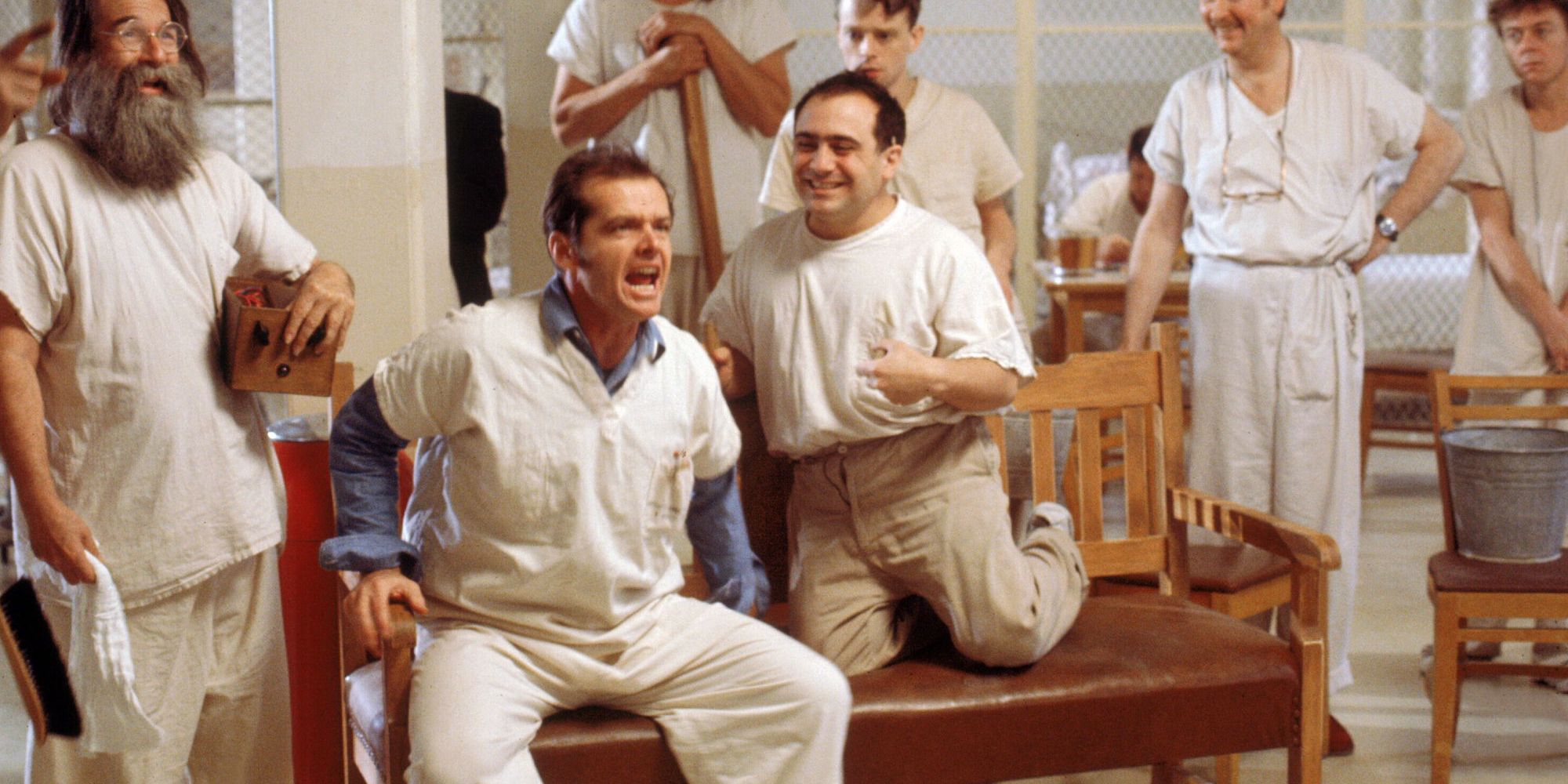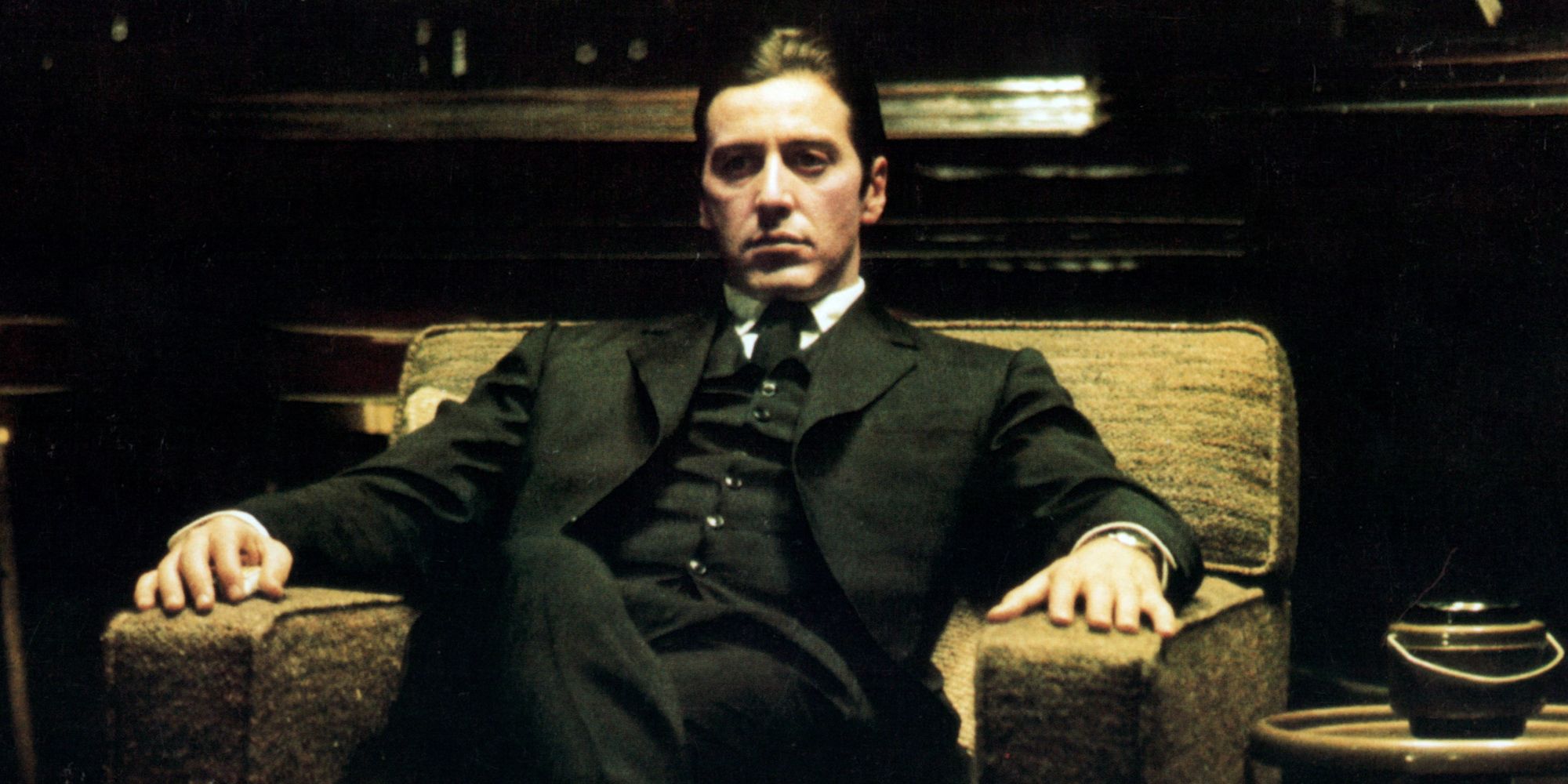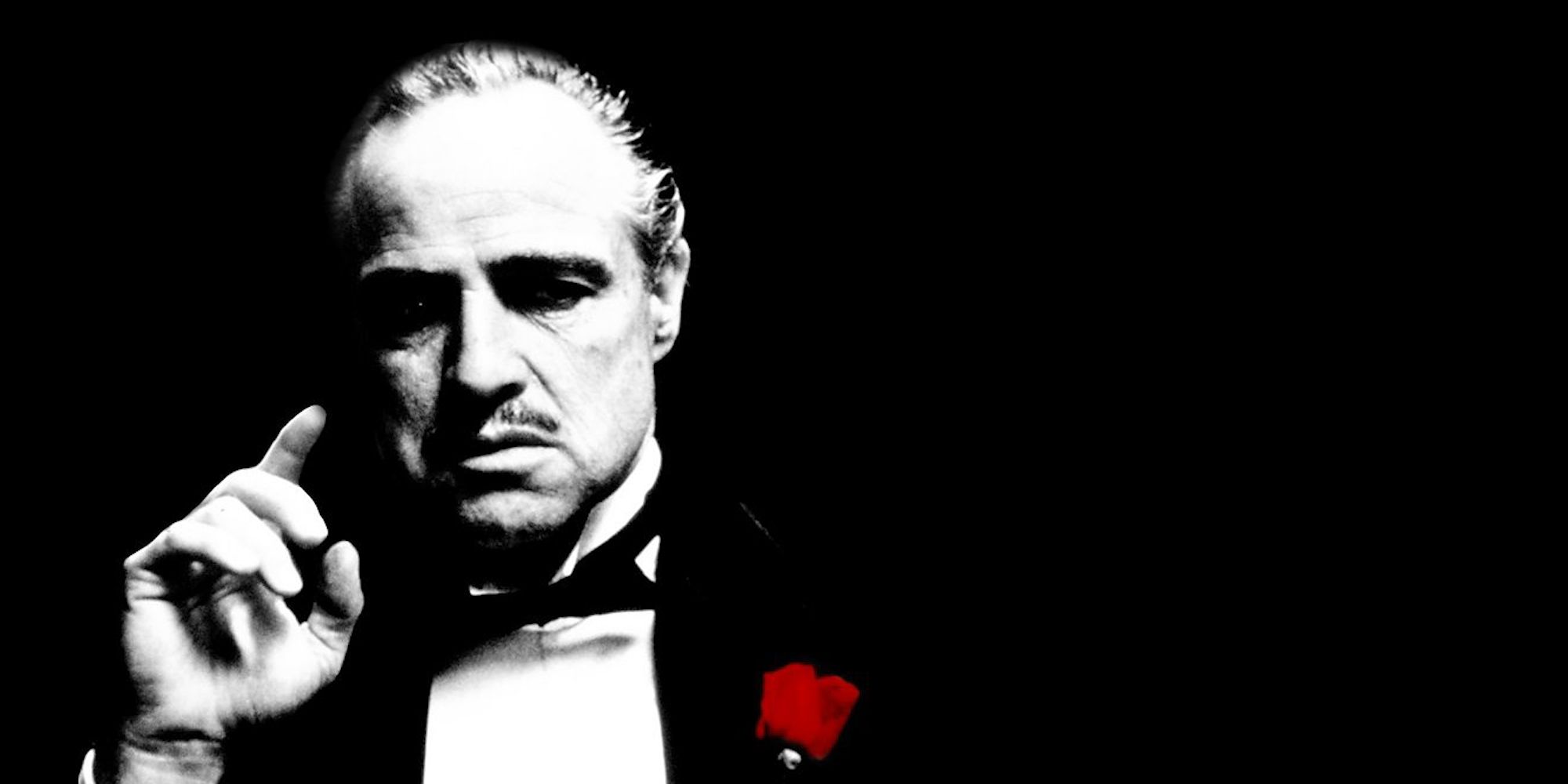New Hollywood was a movement in American cinema between the 1960s and '70s, where the director took on a greater role than the studio. This era is often cited as a cinematic golden age, producing classics including The Graduate, Rosemary's Baby, and Apocalypse Now. Filmmakers got more experimental and tackled a wider range of themes in their work. They were influenced by the various New Wave movements that were already underway in countries like France and Italy.
New Hollywood was led initially by filmmakers like Arthur Penn, Francis Ford Coppola, and Robert Altman, followed by the 'movie brats' Martin Scorsese, Steven Spielberg, and George Lucas. Their work was often stylistically innovative, thematically complex, and morally ambiguous, in contrast to the more simplistic storylines popular during the height of the studio era. New Hollywood was massively influential, shaping American cinema up to the present day.
'Paper Moon' (1973) - IMDb: 8.1/10
This comedy-drama directed by filmmaker and film historian Peter Bogdanovich centers on a con artist (Ryan O'Neal) and his daughter (Tatum O'Neal) struggling to get by during the Great Depression. The actors were father and daughter in real life, and they are terrific onscreen together. At just 10 years old, Tatum made history as the youngest person ever to win a competitive Oscar for the role.
Originally the script was called Addie Pray, but Bogdanovich thought of the title Paper Moon and called up Orson Welles to ask the director what he thought. "That title is so good you don't even need to make the picture," Welles said. "Just release the title!"
'Network' (1976) - IMDb: 8.1/10
“I'm as mad as hell and I'm not going to take this anymore!" Network is a black comedy about the staff at a fictional TV network that is struggling to draw viewers. It stars Faye Dunaway, William Holden, and Robert Duvall, and was directed by Sidney Lumet off a script by Paddy Chayefsky. It represented yet another major achievement by Lumet, after the success of his films 12 Angry Men, The Anderson Tapes, and Dog Day Afternoon.
Network's influence on subsequent movies and shows about the news is evident, especially on The Newsroom. Screenwriter Aaron Sorkin said that "no predictor of the future—not even Orwell—has ever been as right as Chayefsky was when he wrote Network."
'The Deer Hunter' (1978) - IMDb: 8.1/10
The Deer Hunter follows three men in a steel mill town south of Pittsburgh in the years after they served in Vietnam. It explores all the ways their experiences in the war have shaped their lives. Robert DeNiro, John Savage, and Christopher Walken deliver powerhouse performances in the lead roles, and Meryl Streep has a terrific supporting turn as Walken's wife Linda.
The film was a mammoth undertaking, involving a large crew, many locations, and many, many takes. Editor Peter Zinner says he "had close to 600,000 feet of film printed for The Deer Hunter; about one hundred hours. That was more even than The Godfather." The Deer Hunter is still powerful today but had a unique impact when it was released, just a few years after the end of the war.
'The Exorcist' (1973) - IMDb: 8.1/10
The Exorcist is the ultimate possession movie. It tells the story of a girl (Linda Blair) whose mother believes she is being manipulated by demonic forces, so she enlists two Catholic priests to intervene. From there, the story - and the scares - rapidly escalate. It represented a substantial leap forward for horror movies and became an instant cultural sensation.
Director William Friedkin crams an ungodly number of frights into the film's two hours. There's the angiogram, the shot where the girl's head spins right around, her spidery walk down the stairs, and, of course, the infamous scene with the crucifix. The Exorcist became the first horror to be nominated for Best Picture, elevating the genre to a new level of respect.
'Raging Bull' (1980) - IMDb: 8.2/10
Raging Bull is Scorsese's lean, mean black-and-white biopic about boxer Jake LaMotta, played by Robert DeNiro. The film focuses on LaMotta's personal life, especially his self-destructive behaviors and his strained relationship with his wife Vickie (Cathy Moriarty)
"The one sure thing was that it wouldn’t be a film about boxing!" Scorsese has said. "The Catholic background, the guilt feelings, the hope for redemption. Maybe it’s a little pretentious to talk about redemption. More than anything, [Raging Bull is] about learning to accept yourself."
'Chinatown' (1974) - 8.2/10
Jack Nicholson and Faye Dunaway star in this neo-noir mystery, widely regarded as a masterpiece in its genre. Jake Gittes (Nicholson) is a private investigator hired to follow a suspected cheater, but in the process, he stumbles across a much bigger conspiracy involving the city's water supply. His quest to expose the corruption puts his life, and the lives of those around him, at risk.
"I just liked it because it was a departure from most films. It was a detective with no gun," Nicholson says. "Gittes, who was kind of a ne'er-do-well, disrespected guy, now has been in the naval intelligence [...] These are classic character developments and why Robert [Evans]'s writing is so perceptive and good."
'Taxi Driver' (1976) - IMDb: 8.2/10
"You talking to me?" Taxi Driver follows the disturbed Travis Bickle (Robert DeNiro) who works as a taxi driver in New York. He becomes infatuated with Betsy (Cybill Shepherd), a young woman employed by a powerful senator (Leonard Harris). Travis resolves to kill the politician, believing this will bring him closer to Betsy. It's a dark, violent movie that is widely regarded as one of the best character studies ever put to film.
Scorsese has said that Taxi Driver was influenced by the pessimistic mood of the late 1970s. "You can't make movies any more in which the whole country seems to make sense. After Vietnam, after Watergate, it's not just a temporary thing," he has said. "It's a permanent thing the country's going through. All the things we held sacred [...] whoosh!"
'One Flew Over the Cuckoo's Nest' (1975) - IMDb: 8.7/10
Jack Nicholson gives one of his most energetic and iconic performances in this psychological comedy drama. He plays a patient at a mental institution run by the cruel Nurse Ratched (Louise Fletcher). It's a bittersweet movie, with one of the most powerful closing shots in cinema history.
Director Miloš Forman has said that the script resonated with his own life. "To me, [it] was not just literature, but real life, the life I lived in Czechoslovakia from my birth in 1932 until 1968," he explains. "The Communist Party was my Nurse Ratched, telling me what I could and could not do; what I was or was not allowed to say; where I was and was not allowed to go; even who I was and was not."
'The Godfather Part II' (1974) - IMDb: 9.0/10
The Godfather movies tower over the crime genre, influencing everyone from Scorsese to Quentin Tarantino to David Chase. They are the quintessential New Hollywood films: violent, operatic, and morally gray.
Coppola has said that he looked past the "sensational" elements of Mario Puzo's novel and focused on what he saw as the core of the narrative: an almost Shakespearean tale about a ruler deciding which of his children will inherit the crown. "When I made The Godfather, the theme was succession," he has said. "There was a king, and he had three sons."
'The Godfather' (1972) - IMDb: 9.2/10
"I'm gonna make him an offer he can't refuse." The first Godfather remains the most popular New Hollywood movie, at least among the users of IMDb. It's not surprising: it fires on all cylinders, from the writing to Coppola's direction to the actors, who are spectacular across the board, particularly Marlon Brando and Al Pacino.
Pacino has said that he knew Coppola was a great director when they filmed Don Corleone's funeral scene. "There, sitting on a tombstone, is Francis Ford Coppola, weeping like a baby, profusely crying. And I went up to him and I said, ‘Francis, what’s wrong? What happened?’ He says, ‘They won’t give me another shot,’ meaning, they wouldn’t allow him to film another setup,” Pacino has said. “And I thought, OK. I guess I’m in a good film here. Because he had this kind of passion and there it is."

